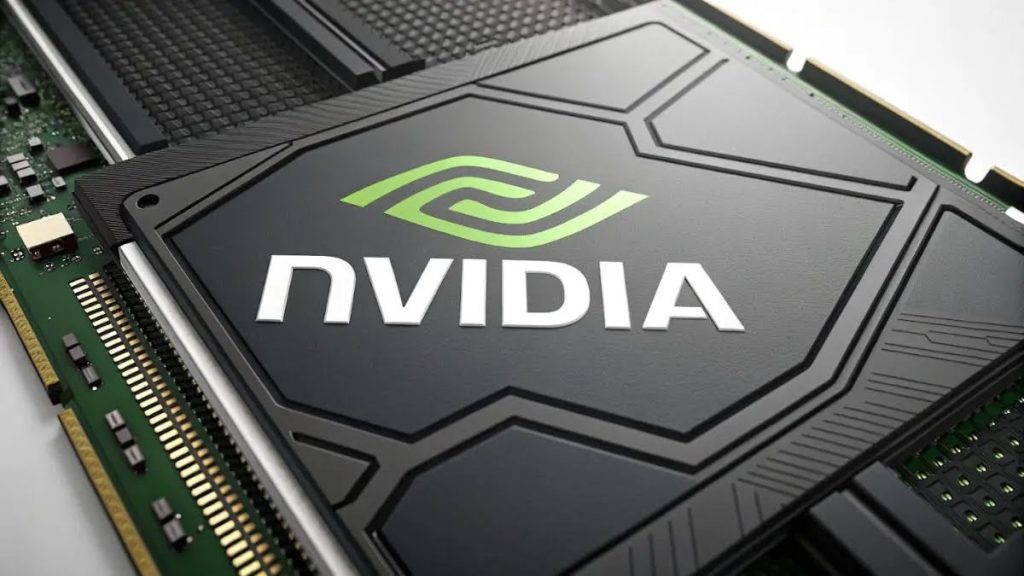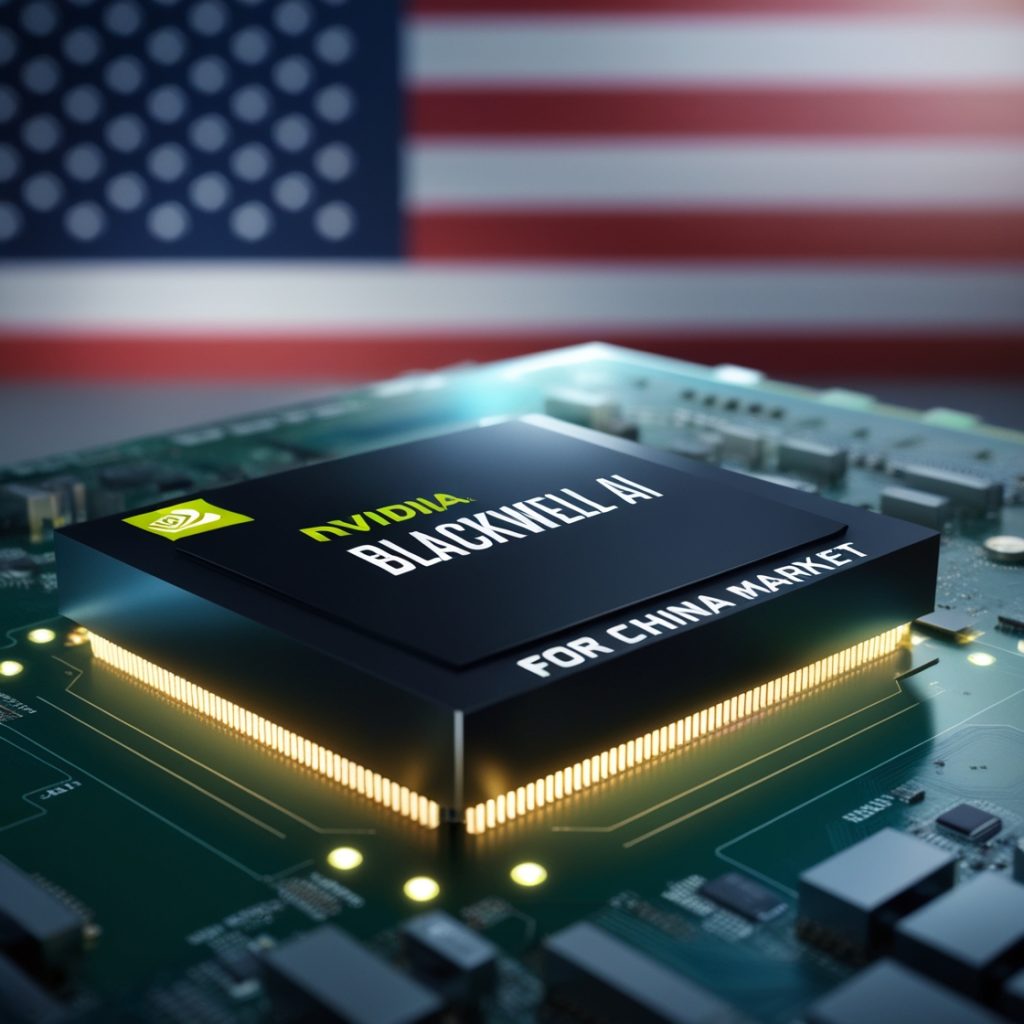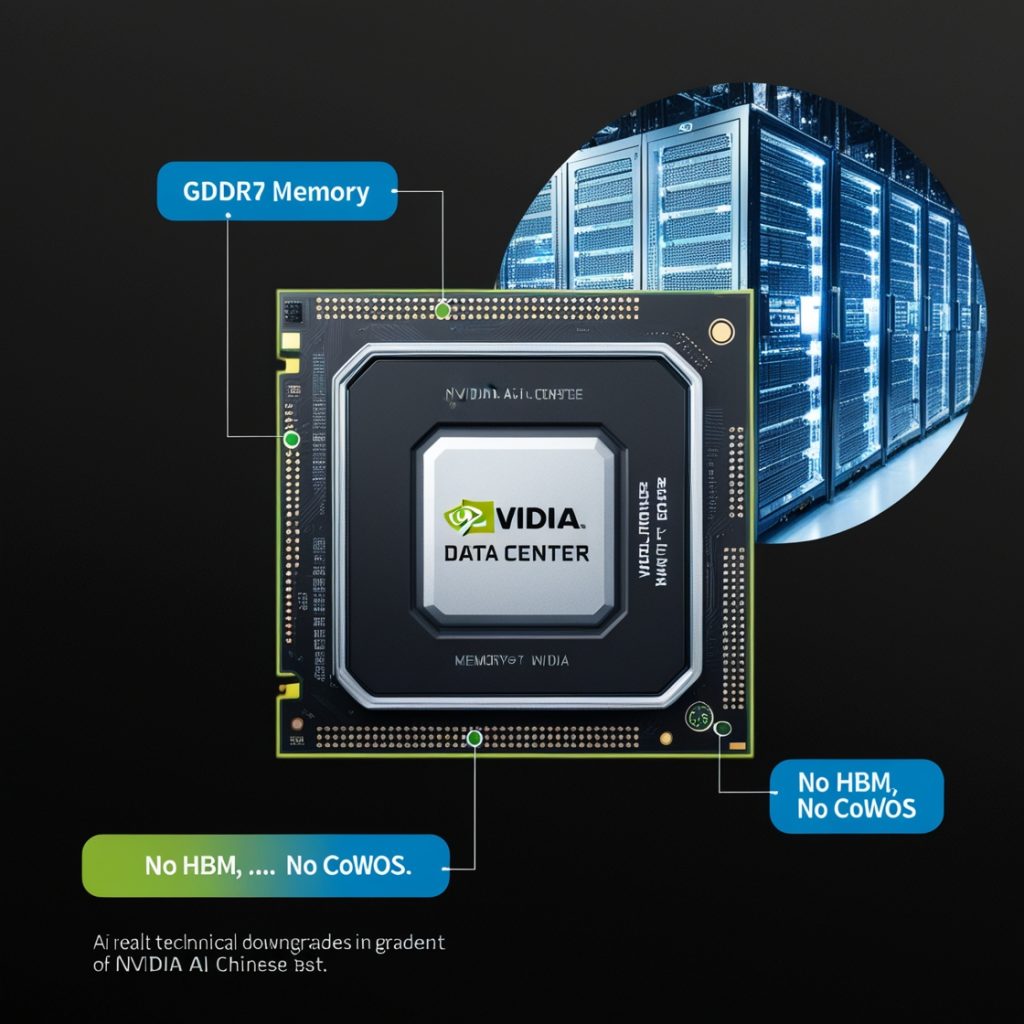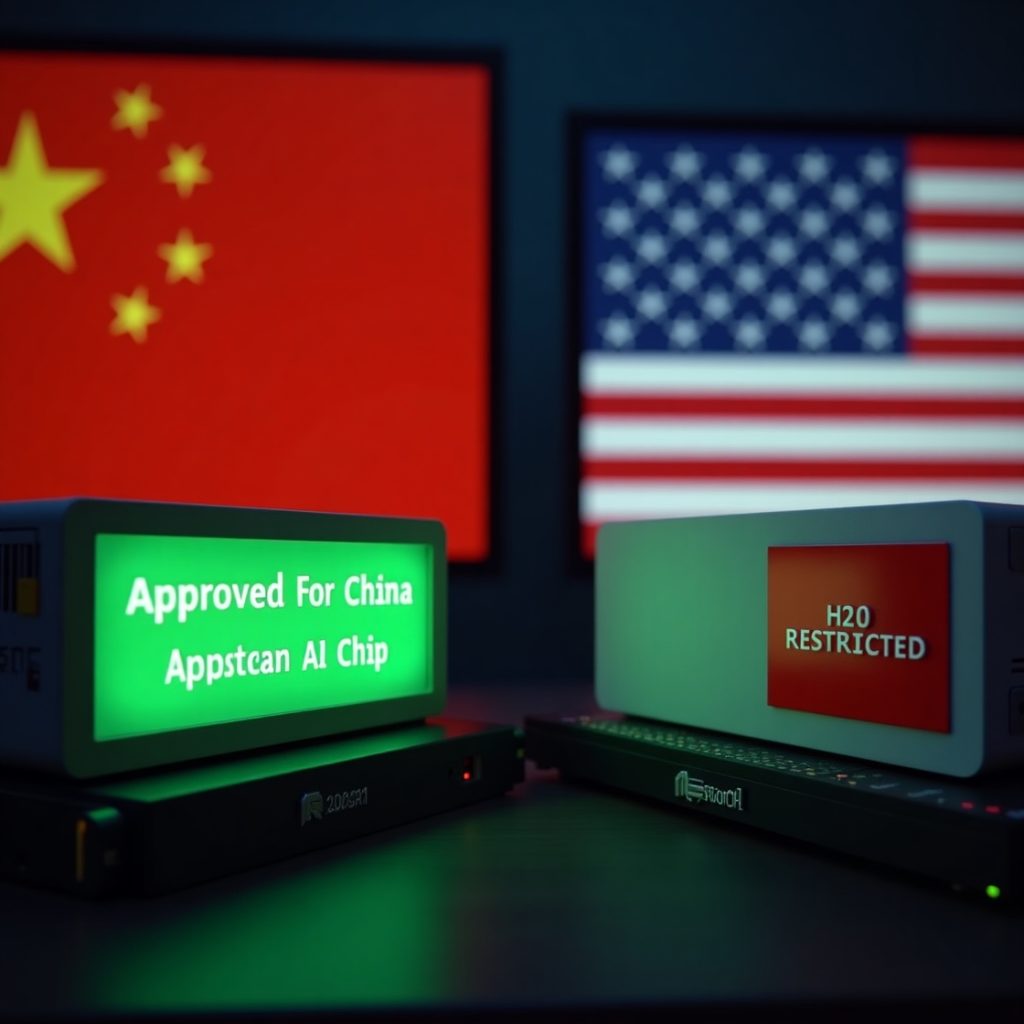Nvidia, the world’s leading AI chipmaker, is set to launch a new, lower-priced artificial intelligence chip specifically for the Chinese market, marking its latest move to navigate increasingly strict U.S. export controls that have curtailed its access to one of its largest customer bases.
A Strategic Response to Export Restrictions
The new chip, based on Nvidia’s cutting-edge Blackwell architecture, is expected to enter mass production as early as June 2025. Priced between $6,500 and $8,000, it will be significantly more affordable than the previously available H20 model, which cost $10,000 to $12,000 before being restricted by U.S. authorities. This price reduction reflects scaled-down technical specifications and a simplified manufacturing process designed to comply with Washington’s latest export rules.

Technical Changes and Compliance
To meet U.S. export requirements, the new chip will feature several notable changes:
- It will be based on Nvidia’s RTX Pro 6000D, a server-grade GPU.
- The chip will use standard GDDR7 memory, instead of the more advanced high-bandwidth memory (HBM) found in higher-end models.
- It will not utilize Taiwan Semiconductor Manufacturing Company’s (TSMC) advanced Chip-on-Wafer-on-Substrate (CoWoS) packaging technology.
These modifications ensure the chip’s performance remains below the thresholds set by U.S. export controls, particularly restrictions on GPU memory bandwidth, which are designed to limit China’s access to the most powerful AI hardware.
The Stakes in China’s AI Market
China remains a vital market for Nvidia, accounting for approximately 13% of its revenue in the past fiscal year. However, the company’s share of China’s GPU market has dropped dramatically—from 95% before 2022 to about 50% now—due to ongoing export restrictions and the rise of domestic competitors like Huawei, whose Ascend 910B chip is gaining traction.
Nvidia’s CEO Jensen Huang has warned that continued U.S. restrictions could further erode the company’s position in China, pushing more customers toward local alternatives. The ban on the H20 chip alone forced Nvidia to write off $5.5 billion in inventory and forgo $15 billion in potential sales.

Navigating a Shifting Landscape
This marks the third time Nvidia has had to redesign its GPUs to comply with evolving U.S. export regulations targeting China’s technological advancement. The company initially considered launching a downgraded version of the H20, but abandoned the plan due to architectural limitations under the latest rules.
Nvidia is also reportedly developing a second Blackwell-based chip for China, with production possibly starting in September, although details remain scarce. The company’s spokesperson emphasized that until a new product design is finalized and receives U.S. government approval, Nvidia remains effectively barred from China’s $50 billion data center market.
Competitive Pressures and Long-Term Outlook
While the new chip’s reduced specifications may leave Nvidia vulnerable to domestic competition, the company retains a key advantage: its CUDA software platform, which is widely used for AI development and has fostered a robust developer ecosystem. Analysts expect that Chinese technologies, particularly from Huawei, could catch up to the performance of these downgraded chips within one to two years.

Nvidia’s efforts to maintain a foothold in China also include plans to establish a research and development center in Shanghai, aimed at better understanding local market needs and technical requirements while ensuring compliance with U.S. regulations. However, core design and production will remain outside China to protect intellectual property and adhere to export laws.
Nvidia’s introduction of a lower-cost, Blackwell-based AI chip for China underscores the company’s determination to adapt to a rapidly changing geopolitical and technological landscape. As U.S. export curbs reshape the global AI chip market, Nvidia faces mounting challenges from both regulatory pressures and rising Chinese competitors.

The coming months will be critical as the company seeks to balance compliance, innovation, and market share in one of the world’s most important technology battlegrounds.
CopyRight: dhaka.ai



